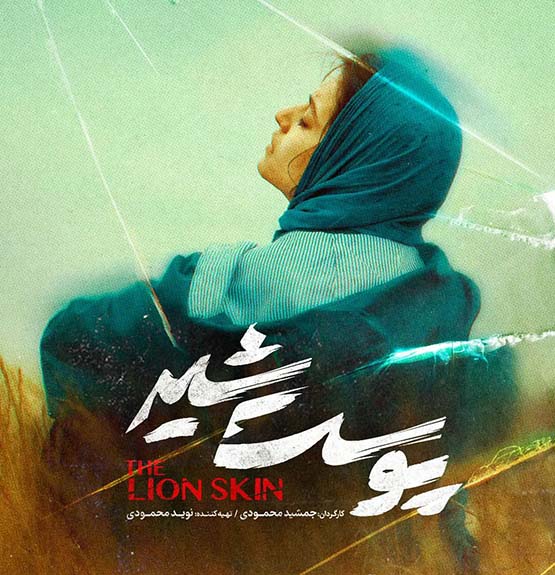The podcast Historical Massacres concerns great murders by governments. Governments have always killed, tortured, or imprisoned those who disagreed with them, were different from them, or whose influence was dangerous to them in order to maintain or gain more power. The ethnic or religious diversity of the target group was one of the justifications used by governments to attack and murder that minority. Numerous people have been murdered only because of their race and religion, which are both typically inherited and not chosen. There are numerous ethnic and racial groupings, and thousands of them have been murdered just for the selfishness of governments in order to increase their authority and get rid of any potential threat. In this episode of the podcast, we discuss mass murders and look at some shocking cases.
One of the most horrific cases of mass murder in recent history is the 1988 executions of political prisoners in Iran. According to various sources, between 2,800 and 5,000 prisoners were summarily and extrajudicially executed by Iranian authorities on the orders of Supreme Leader Ayatollah Khomeini. The victims included members and supporters of various opposition groups, such as the Mojahedin-e Khalq Organization (MKO), leftist organizations, Kurdish parties, and religious minorities. The executions took place in secret across at least 32 cities in Iran, without any due process or legal representation for the prisoners. The families of the victims were not informed about their fate or whereabouts, and many of them still do not know where their loved ones are buried.
Human Rights Watch and other organizations have documented that these mass executions amount to crimes against humanity, which are serious violations of international law that can be prosecuted in national or international courts. However, despite numerous calls for justice and accountability from survivors, relatives, human rights groups, and UN experts, no one has been held responsible for these atrocities. On the contrary, some of the perpetrators have risen to high positions of power in Iran, including President Ebrahim Raeesi, who was a member of one of the death commissions that ordered the executions.
How Historical Massacres podcast can help us learn Persian?
Why is it important to learn about these historical massacres? How can learning Persian language help us understand what happened and why? or how can learning Persian culture help us empathize with the victims and their families? How can learning Persian history help us prevent such crimes from happening again?
In this podcast, I will try to answer these questions. We will use Persian language as a tool to access original sources, testimonies, documents, and reports that shed light on this dark chapter of the world and Iranian history. Also, We will also use Persian culture as a lens to appreciate the diversity, richness, and resilience of Iranian society and its various political and religious movements. We will also use Persian history as a context to situate these events within a broader historical and geopolitical framework that shaped Iran’s domestic and foreign policies.
By learning Persian language, culture, and history, we hope to gain a deeper understanding of mass executions and their lasting impact on societies. We also hope to raise awareness about the need for justice and accountability for these crimes against humanity. We also hope to honor the memory of those who lost their lives for their beliefs and ideals.
This podcast is not only about learning Persian language; it is about learning from people who suffered unimaginable horrors but did not give up their struggle for freedom and dignity. It is about learning with people who are still seeking truth and justice for their loved ones. It is about learning alongside Iranian people who are part of a global community that values human rights and democracy.
I also suggest listening to THIS PODCAST about the war between Iran and Iraq and learn how war affected our lives. The use of chemicals by Iraq in Shalamche of Iran was nothing less than a sample of historical massacres.
To visit Iranian people and learn about their culture and nature follow THIS LINK.
To learn Persian grammar, here you can find lessons on Persian Grammar.
Are you interested in learning Persian with music, HERE is where you can find many slow Persian songs with their lyrics.
Practice Dubbing the characters in Persian series HERE.
Listen to famous speeches from Iranian political figures, and learn about their mindset and a little bit of history through their talk HERE.


